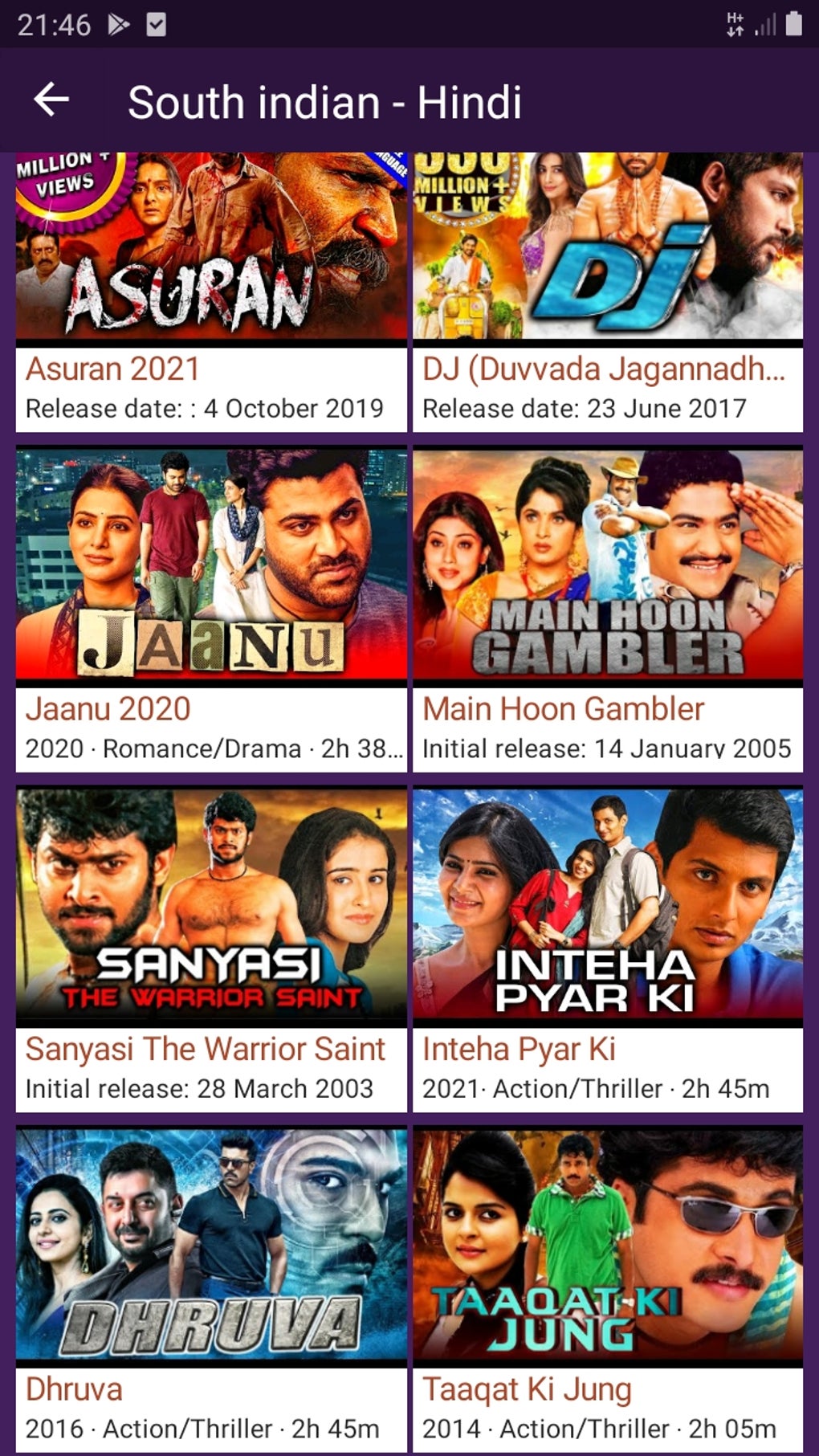Is Movierulz truly the beacon of free entertainment it claims to be? The bold assertion that Movierulz provides unrestricted access to a vast array of Bollywood, Hollywood, and regional films has captivated millions. Yet, beneath this allure lies a complex web of legal and ethical dilemmas that demand scrutiny.
Movierulz, a platform infamous for distributing pirated content, continues to thrive despite global efforts to curb digital piracy. This phenomenon extends beyond mere movie streaming; it represents a significant challenge in safeguarding intellectual property rights in the digital age. As users flock to Movierulz for its extensive collection of Telugu, Tamil, Malayalam, Bengali, and Kannada films, alongside Bollywood and Hollywood blockbusters, the platform's popularity underscores a growing demand for accessible entertainment. However, the implications of such activities are far-reaching, affecting the livelihoods of filmmakers, actors, and technicians who invest their time and resources into creating original content.
| Bio Data & Personal Information | Details |
|---|---|
| Platform Name | Movierulz |
| Year Established | 2010 |
| Founder(s) | Unknown (Operating anonymously) |
| Headquarters | Multiple servers worldwide |
| Primary Function | Distribution of pirated movies |
| Legal Status | Illegal under copyright laws |
| Website Reference | World Intellectual Property Organization |
The platform's modus operandi involves circumventing traditional distribution channels by offering unauthorized downloads and streams of the latest releases. Movies from various genres and languages are available on Movierulz within days—or sometimes hours—of their theatrical release. This rapid dissemination challenges the very foundation of the film industry's revenue model, which relies heavily on ticket sales and legitimate streaming platforms. Consequently, producers and distributors face mounting pressure to adapt to an environment where illegal alternatives proliferate unchecked.
In addition to undermining the economic viability of filmmaking, Movierulz contributes to a culture of entitlement wherein consumers expect high-quality entertainment without compensating creators. While some argue that such platforms democratize access to cinema, critics counter that they perpetuate inequality by disproportionately benefiting those unwilling or unable to pay for authentic experiences. Moreover, the technical infrastructure supporting these operations often exploits vulnerabilities in cybersecurity protocols, posing additional risks to unsuspecting users who inadvertently expose themselves to malware or phishing attacks.
Telugu audiences have shown particular affinity toward Movierulz due to its robust catalog catering specifically to regional tastes. Films produced in South Indian languages dominate the site's offerings, reflecting both the linguistic diversity and cultural richness inherent in India's cinematic landscape. Nevertheless, this popularity belies deeper issues surrounding representation and sustainability within the industry itself. By prioritizing short-term gains over long-term investment in talent development and infrastructure enhancement, platforms like Movierulz threaten to erode the very fabric upon which successful storytelling depends.
Keanu Reeves' thriller Knock Knock, released in 2015, exemplifies how even mainstream Hollywood productions fall prey to piracy networks. Despite receiving mixed reviews at the box office, the film quickly found its way onto sites such as Movierulz, further diminishing potential earnings for stakeholders involved in its creation. Such instances underscore the need for comprehensive strategies aimed not only at dismantling existing pirate hubs but also educating end-users about the consequences of engaging with them.
Transparency remains another critical aspect when evaluating entities operating outside conventional frameworks. Movierulz claims to ensure fairness in its dealings yet operates under layers of anonymity that belie any semblance of accountability. Its reliance on third-party hosting services complicates efforts to trace origins or hold operators accountable for violations committed through their network. Furthermore, licensing agreements purportedly governing certain aspects of its operation remain shrouded in mystery, raising questions about legitimacy and compliance with international standards.
Governments worldwide have taken steps to combat digital piracy, including blocking known pirate websites and imposing penalties on offenders caught facilitating illegal downloads. However, enforcement mechanisms vary significantly across jurisdictions, leading to inconsistencies in effectiveness. In regions where regulatory oversight is lax or nonexistent, platforms like Movierulz flourish unimpeded, exacerbating disparities between protected and unprotected markets. Addressing this imbalance requires coordinated action among policymakers, law enforcement agencies, and technology providers to create cohesive policies capable of addressing emerging threats posed by evolving cybercriminal tactics.
Ultimately, understanding Movierulz necessitates examining broader trends shaping modern media consumption habits. As streaming services continue expanding globally, competition intensifies among providers vying for consumer attention. Within this context, illicit alternatives exploit gaps left by insufficient availability or affordability of authorized options. To counteract this trend, legitimate players must innovate continuously, ensuring their products meet user expectations while respecting creator rights. Only then can we hope to foster an ecosystem where creativity thrives alongside equitable access to knowledge and entertainment.


